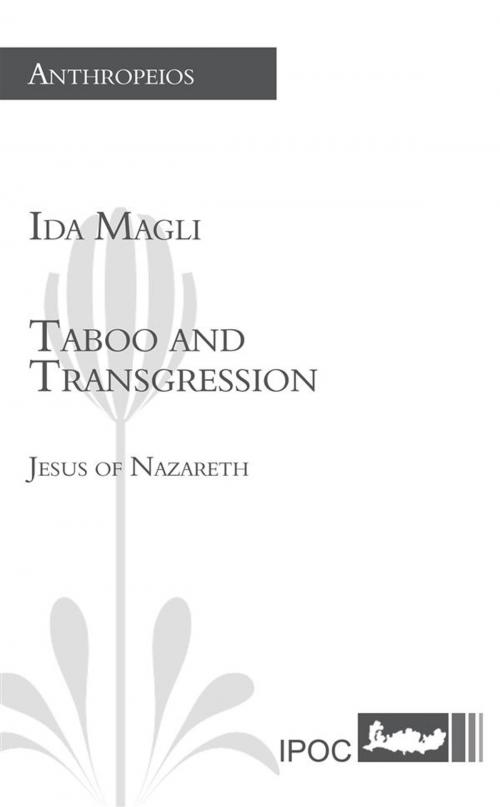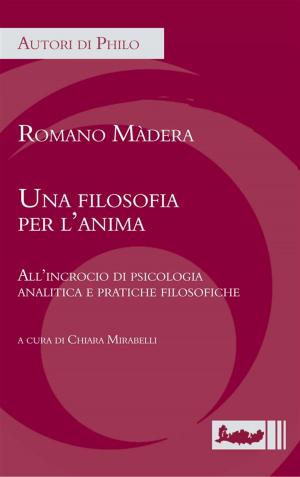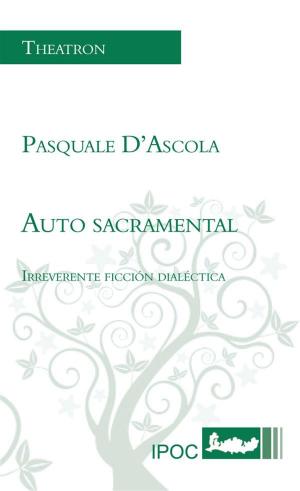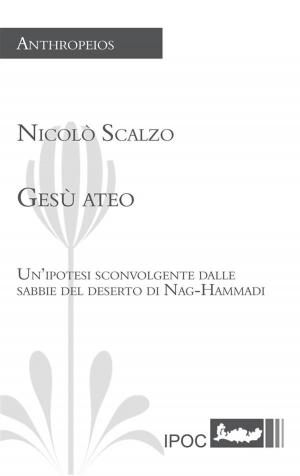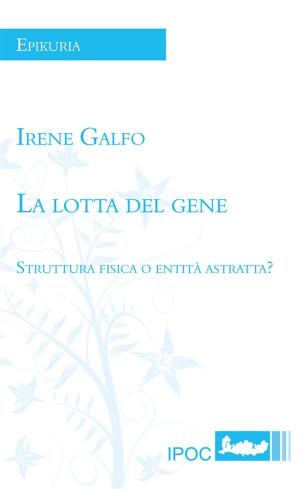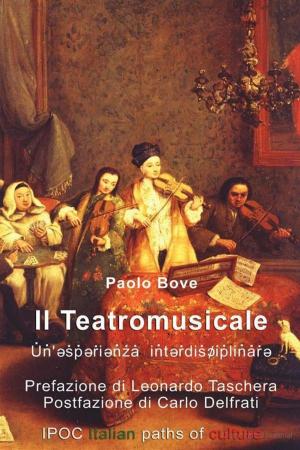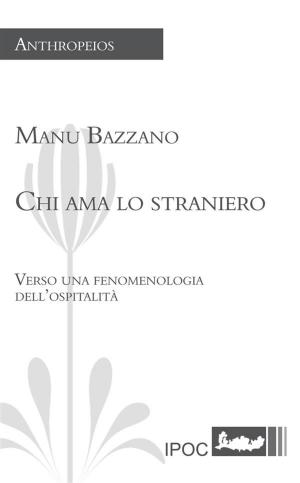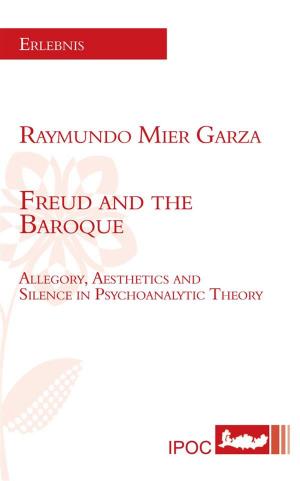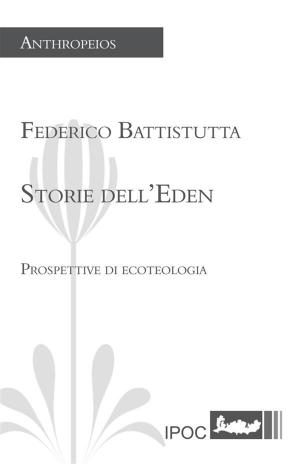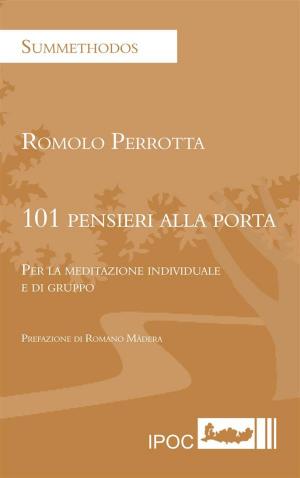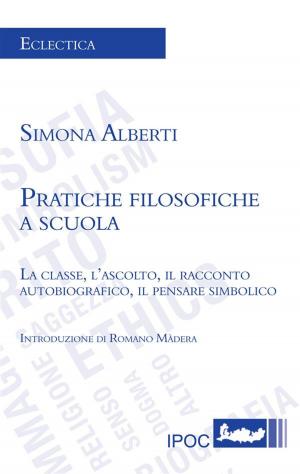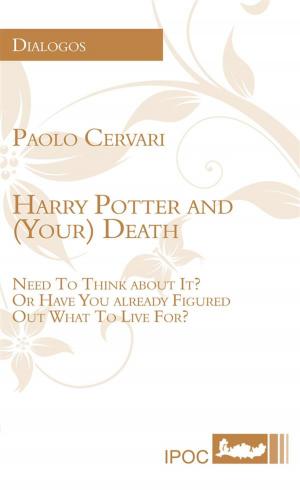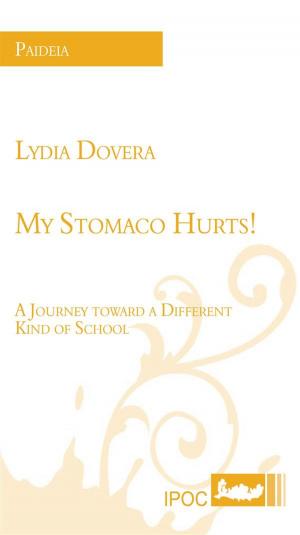Taboo and Transgression
Jesus of Nazareth
Nonfiction, Social & Cultural Studies, Social Science, Anthropology, Religion & Spirituality, Bible & Bible Studies, Christianity, Christian Life| Author: | Ida Magli | ISBN: | 9788867720422 |
| Publisher: | IPOC Italian Path of Culture | Publication: | August 28, 2013 |
| Imprint: | Language: | English |
| Author: | Ida Magli |
| ISBN: | 9788867720422 |
| Publisher: | IPOC Italian Path of Culture |
| Publication: | August 28, 2013 |
| Imprint: | |
| Language: | English |
Using the analytical tools of cultural anthropology, Ida Magli delves into the familiar material of the New Testament the same way as she would any other historical text, and separates the myth and mysticism from the narrative accounts, to discern what is most likely to be historical fact, and what may instead have been adjusted to avoid clashing with the customs and worldview of the authors of the Gospels. What emerges is a new understanding of just how deep and drastically Jesus of Nazareth challenged the religious views of his time, defying traditions and repeatedly risking his ministry by breaking some of the most severe taboos.
Among the many transgressions that are made clear in Ida Magli’s analysis is Jesus’ denial of blood-ties and family as the reason and foundation of love, when at the house of Lazarus he elects those sitting around him as his true family (“Here are my mother and my brothers!” Matthew: 12:46). As the author reveals, the very principles of Jesus’ teachings advocate a universal, indiscriminate love of one’s fellow man. Moreover, each person is a vessel for communicating directly with God, and there is no need for priestly hierarchies or mediation in the me/thee equation with God himself. Furthermore, this tidal shift in perspective automatically entailed the empowerment of women and their emancipation from their subservient role in society, according them equal status as individuals. Magli demonstrates that wherever in the Gospels the deeds and words of Jesus veer drastically from what the evangelists were accustomed to, their accounts are more credible and pertinent to Jesus’ fundamental message of universal love, as they did not think of finding justifications or of fabricating the events related.
Magli’s fascinating study will bring many rewards, and stimulate further inquiry into why this man we call Jesus of Nazareth was both a genius and revolutionary of his times. (Andrew Ellis, translator)
Using the analytical tools of cultural anthropology, Ida Magli delves into the familiar material of the New Testament the same way as she would any other historical text, and separates the myth and mysticism from the narrative accounts, to discern what is most likely to be historical fact, and what may instead have been adjusted to avoid clashing with the customs and worldview of the authors of the Gospels. What emerges is a new understanding of just how deep and drastically Jesus of Nazareth challenged the religious views of his time, defying traditions and repeatedly risking his ministry by breaking some of the most severe taboos.
Among the many transgressions that are made clear in Ida Magli’s analysis is Jesus’ denial of blood-ties and family as the reason and foundation of love, when at the house of Lazarus he elects those sitting around him as his true family (“Here are my mother and my brothers!” Matthew: 12:46). As the author reveals, the very principles of Jesus’ teachings advocate a universal, indiscriminate love of one’s fellow man. Moreover, each person is a vessel for communicating directly with God, and there is no need for priestly hierarchies or mediation in the me/thee equation with God himself. Furthermore, this tidal shift in perspective automatically entailed the empowerment of women and their emancipation from their subservient role in society, according them equal status as individuals. Magli demonstrates that wherever in the Gospels the deeds and words of Jesus veer drastically from what the evangelists were accustomed to, their accounts are more credible and pertinent to Jesus’ fundamental message of universal love, as they did not think of finding justifications or of fabricating the events related.
Magli’s fascinating study will bring many rewards, and stimulate further inquiry into why this man we call Jesus of Nazareth was both a genius and revolutionary of his times. (Andrew Ellis, translator)
